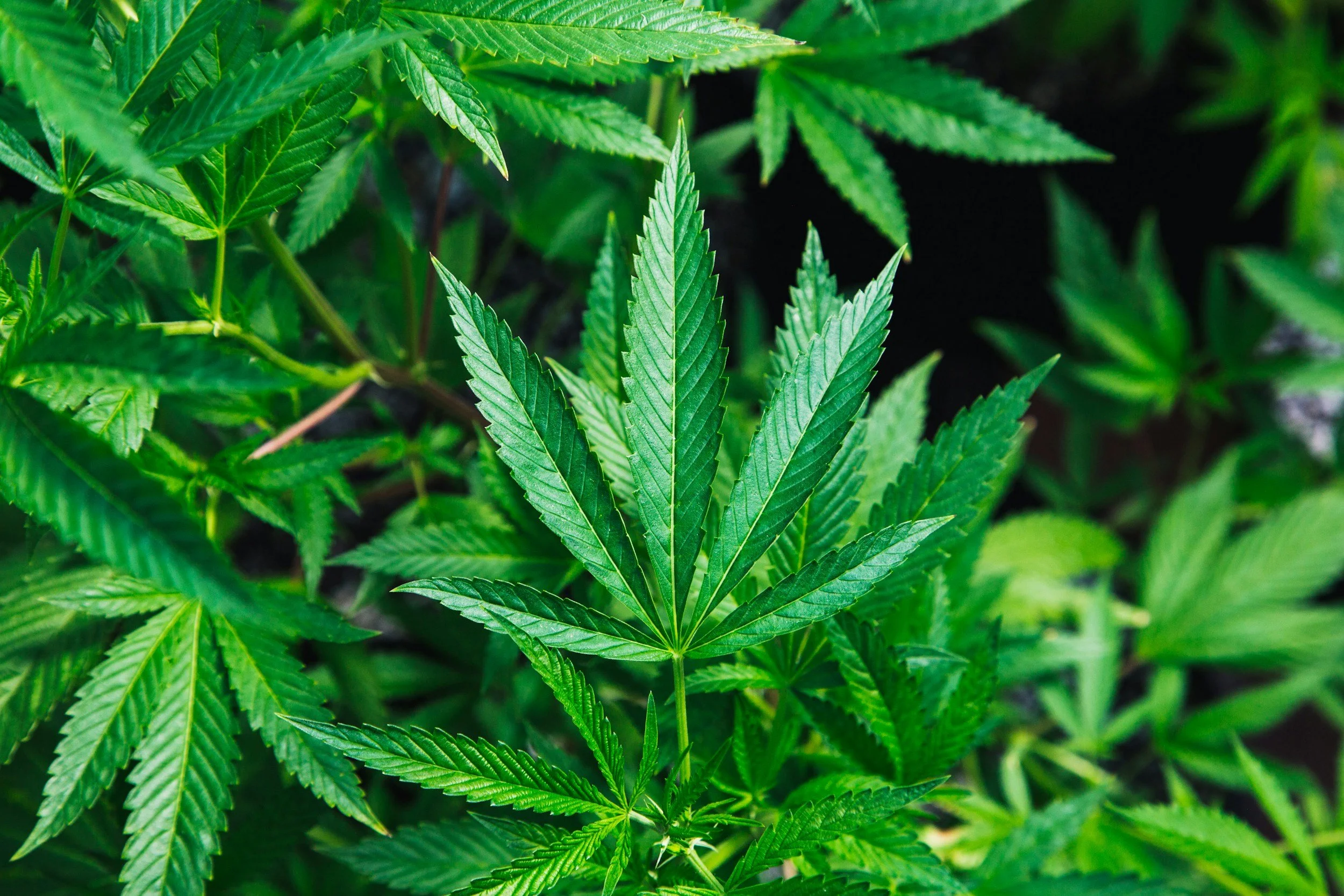2025 Legislative Agenda.
CRAV is dedicated to advocating for a fair, equitable, and sustainable cannabis industry in our state. Our legislative priorities for this session reflect our commitment to supporting small businesses, expanding consumer access, and ensuring cannabis is regulated responsibly. By addressing these key issues, we aim to create a thriving market that benefits communities, cultivators, retailers, and consumers alike.
Vermont’s cannabis industry has made significant progress, but continued improvements are necessary to remove barriers, promote economic growth, and advance social equity. Our agenda includes proposals that modernize regulations, enhance business opportunities, and promote fairness within the industry. CRAV believes these measures will contribute to a more inclusive and prosperous cannabis marketplace.
We invite policymakers, stakeholders, and the public to join us in supporting these initiatives. Together, we can foster a robust cannabis economy that upholds Vermont’s values of sustainability, equity, and local business support.
The 2025 Legislative Agenda
Amend 7 V.S.A. § 910 to allow for biennial product registration licenses and employee ID cards.
Amend V.S.A. § 863. to allow towns to “opt-out” of cannabis retail establishments, rather than requiring towns to “opt-in” in order for cannabis retail establishments to be opened in that town.
Complete Expungement of any and all cannabis-related charges and ensure no re-criminalizing.
Establish a limited event license, similar to what is used in the alcohol industry. Event permitting will allow cultivators and retailers to sell directly to the public at concerts, festivals, weddings, etc. at events that are licensed by the town in which they occur.
Direct $1M of the Cannabis Excise Tax Revenue to the Cannabis Business Development Fund for financial and technical assistance for the industry.
Allocating 25% of the Cannabis Excise Tax Revenue to the Land Access and Opportunity Board (LAOB) for community reinvestment.
Amend V.S.A. § 861 and V.S.A. § 864 to designate that written or digital communication with pre-existing age-verified customers does not constitute an advertisement. Allow cannabis to be advertised in the same manner as alcohol.
Strike the municipal cultivation districts and setbacks for outdoor cultivation from Act 166 (2024) and reaffirm in all applicable statutes that outdoor cannabis cultivation is designated as farming, and outdoor cannabis cultivators should have all of the legal protections that other Vermont farms are afforded.
Oppose Legislative Moratoriums on new licenses and instead support the CCB to use its rulemaking ability to address retail concentration and potential oversaturation of cultivation, manufacturing, or retail licenses.
Amend § 951 to establish a Medical Advisory Panel. The panel would establish which conditions will qualify for medical cannabis and approve applications for patient medical cards.
The Medical Advisory Panel will be composed of 9 seats, with 3 seats reserved for physicians or nurses, 1 seat reserved for a member of the University of Vermont Oncology Board, and one seat for a CCB board member. The other seats will consist of patients and caregivers, or a cannabis licensee with a medical use endorsement. Seats will be nominated and approved by a majority vote of the cannabis control board.
Allow for the consumption of cannabis in all locations where tobacco smoking is allowed.
Increase homegrown allowances to 6 mature and 12 immature plants (Act 65(2023) medical homegrown allowances).

